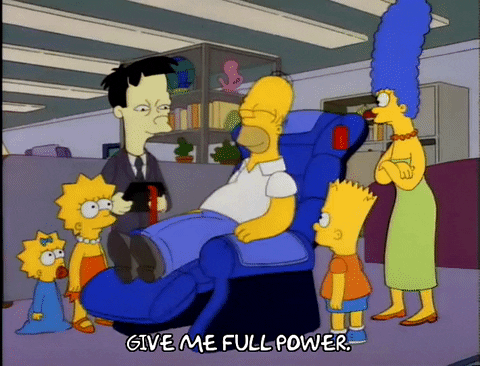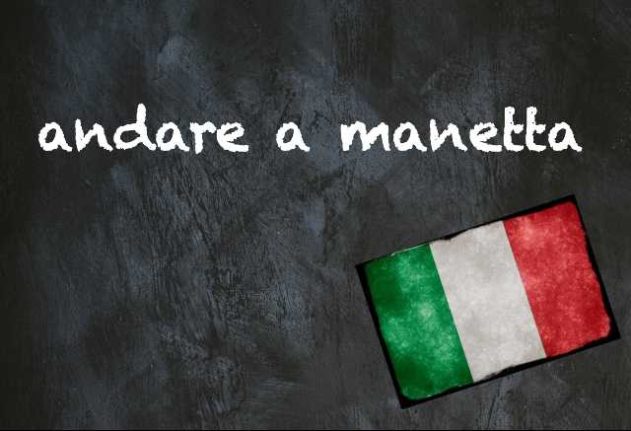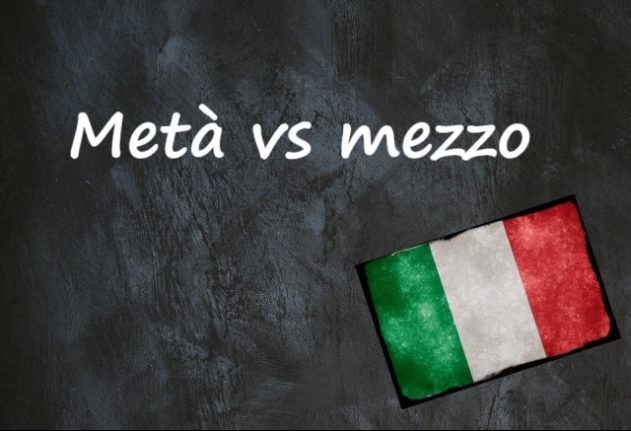Are you ready to put pedal to the metal and go full bore when it comes to learning this expression?
Andare a manetta (and-AH-rreh a mann-ETT-ta) in fact means just that: to go at top speed, flat out, at full pelt.
Conveniently for English speakers, it translates pretty directly from the phrase ‘to go full throttle’. Andare is of course the verb ‘to go’ and manetta is the Italian word for a throttle, an old-fashioned sort of lever used in vehicles to regulate the amount of fuel being fed into the engine.
To go full throttle was to channel the maximum amount of petrol possible into the motor so that the car could reach top speed, which is where both phrases come from.

Like in English, it can be used refer literally to, e.g., F1 drivers, but is often used in a metaphorical sense. It’s the kind of colloquial phrase that you’re more likely to hear in spoken conversation than see written down in a book, and is most widely used among young Italians.
Se vuoi arrivare entro un’ora dovrai andare a manetta.
If you want to get there in an hour you’ll have to go full tilt.
Stiamo andando avanti a manetta con questo progetto, non mi importa quello che dice Stefania.
We’re going full steam ahead with this project, I don’t care what Stefania says.
You don’t need to restrict yourself to the verb andare: there are various actions that could be done a manetta, such as parlare a manetta (talk at top speed), alzare il volume a manetta (turn the sound up to top volume – e.g. on the TV or radio), or piovere a manetta (tip it down with rain).
Parla sempre a manetta, è estenuante.
She always talks at full throttle, it’s exhausting.
È la mia canzone preferita, alza la radio a manetta!
This is my favourite song, turn the radio up as loud as it’ll go!

You might wonder if there’s a connection to manette (handcuffs) but the two aren’t to be confused: the etymological link comes simply from the word hand (mano), a manetta being a hand-controlled thrust lever and manette being, well, handcuffs.
To help you differentiate, aside from context, you’ll almost always only see manette in the plural form, whereas a manetta is only used in the singular form.
Toglietemi immediatamente queste manette!
Take these handcuffs off me at once!
Parlavi a manetta ieri sera.
You were talking at a 100 miles an hour yesterday evening.
Do you have an Italian word you’d like us to feature? If so, please email us with your suggestion.



 Please whitelist us to continue reading.
Please whitelist us to continue reading.
Why is it that I always have issue with your suggested pronunciations?
In the case of and-AH-rre, it seems that native Italians place the d in the second syllable, on-DAH-rre.
https://forvo.com/word/andare/#it